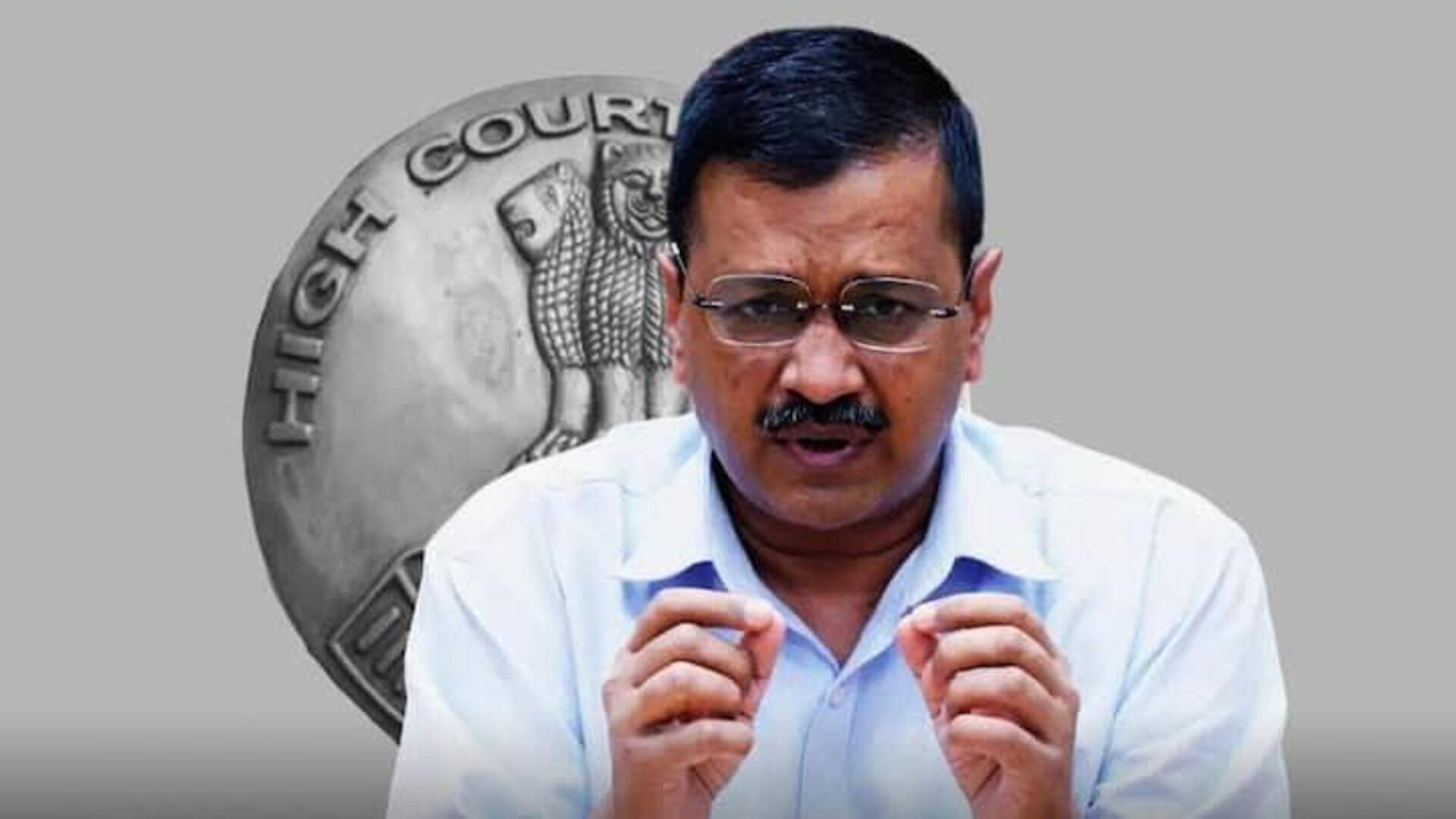
Delhi HC reserves verdict on Kejriwal's plea challenging his arrest
What's the story
The Delhi High Court has reserved its verdict on an appeal lodged by Chief Minister Arvind Kejriwal challenging his arrest by the Enforcement Directorate (ED) in the Delhi liquor policy case. During the hearing, Abhishek Manu Singhvi, argued that the timing of the arrest was strategically planned so that Kejriwal would be unable to participate in the electoral process. The arrest was a ploy to destroy the Aam Aadmi Party (AAP) even before the first vote was cast, Singhvi claimed.
Context
Why does this story matter?
Days after his arrest by the ED on March 21, Kejriwal moved the court seeking his release, claiming that his arrest was illegal. According to the ED, he was arrested after his name appeared several times on the chargesheet filed by the agency. However, Kejriwal's AAP has dismissed the charges against him, calling the arrest a conspiracy by the ruling Bharatiya Janata Party (BJP) to cripple the opposition ahead of the Lok Sabha elections.
Legal argument
Singhvi questions necessity of Kejriwal's immediate detention
Singhvi also questioned the need for Kejriwal's immediate arrest, stating, "Level playing field is not just a phrase or word but has three components—which, in turn, is part of democracy and basic structure." He also highlighted that between October 30, 2023 (the date of first summons) and March 16 (the date of the 9th summons), the ED found no evidence to support Section 50 of the Prevention of Money Laundering Act. Section 50 deals with the power to issue summons.
Custody details
Kejriwal's detention and transfer to Tihar Jail
Kejriwal was arrested on March 21 and subsequently sent to six days' ED custody. On March 27, Justice Swarana Kanta Sharma refused temporary relief to Kejriwal, citing the importance of the issues raised by the case. On Monday, he was transferred to Tihar jail for 15 days of judicial custody by the Rouse Avenue court. The charges against Kejriwal pertain to alleged corruption and money laundering in the creation and implementation of Delhi government's excise policy for 2021-22.
Charges detailed
Allegations against Kejriwal in Delhi liquor policy case
The ED has labeled Kejriwal a "mastermind behind the liquor policy scam" and a "principal conspirator" in the excise policy case. It alleged that Kejriwal, along with other AAP leaders and ministers, played a direct role in formulating this policy favoring a group known as 'South Group." The agency further alleges that AAP was the primary beneficiary of the illicit proceeds generated from the purported Delhi liquor scam.